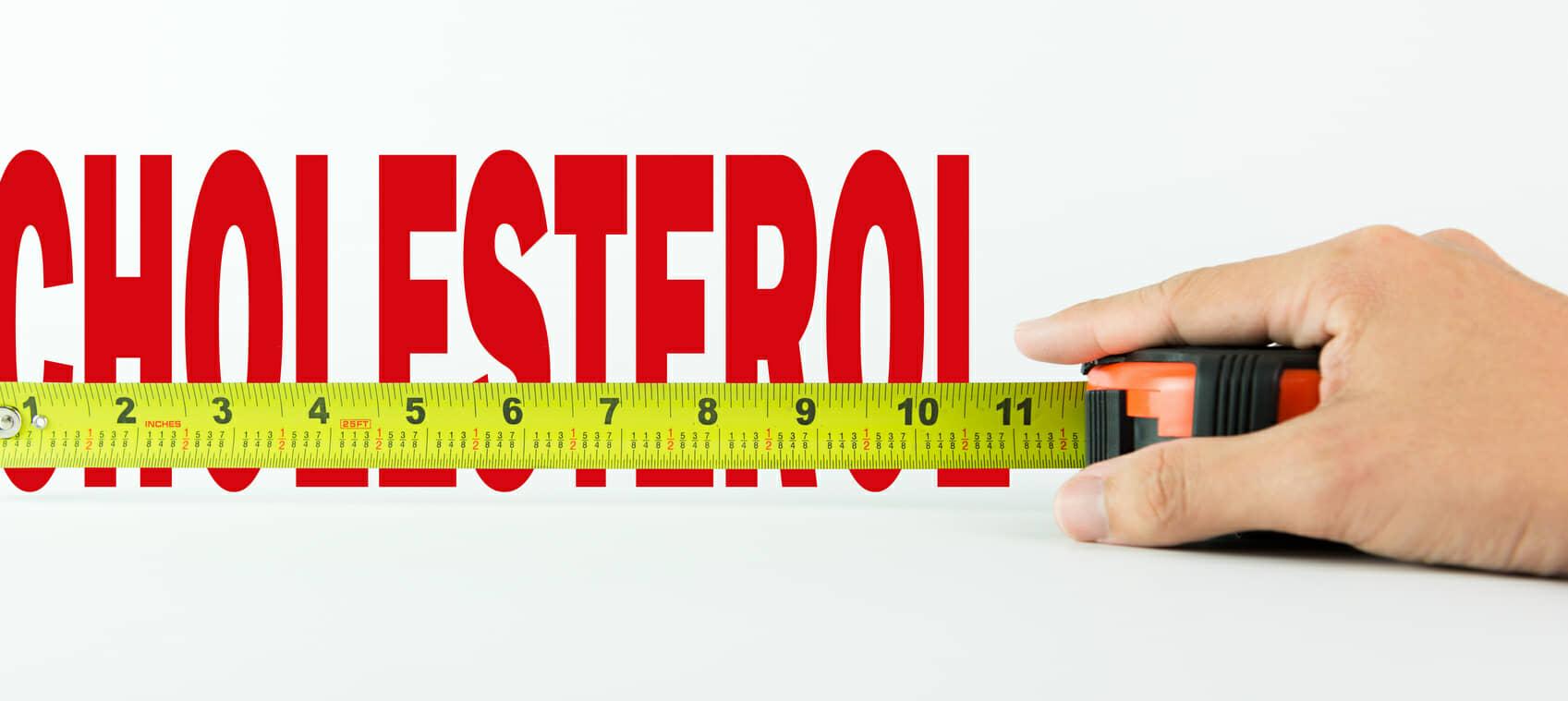
How to Lower Cholesterol
Cholesterol is a type of fat manifesting in the blood. An appropriate level of is harmless but an excess builds up is dangerous. It causes dangerous inflammation and dangerous blood clots which can cause a heart attack or stroke.
Lowering cholesterol levels is essential and you can attain it through these ways:
Dietary Changes
You can reduce cholesterol and improve heart health by adjusting your diet even when you have been eating unhealthily for long by these changes.
- Take healthier fats
Saturated fats in dairy products and red meat raise the total and bad (Low-density lipoprotein(LDL) cholesterol. A seven percent of daily calories should come from saturated fats. Taking more unsaturated and low dairy fats is essential. It is healthier to eat leaner fats of meat.
Avoid trans fats as they affect the levels of cholesterol increasing the bad and lowering the good. The bad combination leads to increasing the risk of heart attack. Trans fats come from fried and refined foods such as cookies, snack cakes, and crackers. A small amount of trans fat might seem safe, but the accumulation reaches to dangerous levels over time. Read ingredients and avoid those with partially hydrogenated oils. The packaging labels on some products indicate that they are trans-fat free, but it is not always reliable. Only food containing than 0.5 grams on serving qualifies to be trans - fat-free.
No other essay writing company can give you the best nursing essay writing services online. Try assignmentclub.co.uk today. We stand firm by our commitement to deliver your work on time.
-
Eat omega -3 fatty acids
Omega -3 fatty acids rich foods do not increase the LDL cholesterol. They even introduce other benefits like improving the "good" or High-Density lipoprotein(HDL) cholesterol. These fatty acids reduce a type of fat in the blood known as triglycerides and blood pressure. Mackerel, herring, and salmon are some types of fish where you can get plenty omega-3 fatty acids. The other good sources include almonds, walnuts and ground flaxseeds.
Some grocery and health food stores sell whey protein powders. Use them according to the direction in the packaging to ensure that you get the best results.
Lifestyle Changes
-
Weight loss
Extra weight contributes to increasing and maintenance of high cholesterol. You can improve the levels of healthy cholesterol by losing as little as 5% of body weight. Start to lose your weight by evaluating the eating habits and daily habits. Small changes such as eating to overcome boredom or frustration can increase bad cholesterol. It is better to do something that activates your body system such as taking a walk. Avoid eating aimlessly. If you pick food at fast food joints for breakfast or lunch, make sure that you eat healthier non-processed food for evening meals. You should also substitute fatty foods such as potato chip with air-popped popcorn or carrot sticks. Supplement healthy eating by incorporating more activity into the daily routine such as walking to some places rather than drive, parking farther from the office or using staircase instead of elevators.
-
Moderate alcohol intake
Moderate alcohol can help in increasing HDL, the beneficial cholesterol but these benefits are not crucial enough for non-drinkers to start drinking. Drinkers should reduce the amount they take. One drink a day is enough for healthy adults older than 65 years. It is still safe for men younger than 65 years to take two drinks daily.Exceeding these amounts leads to serious health problems in addition to increased cholesterol including stroke, heart failure, and blood pressure.
Exercising
Exercising for most days of the week increase physical activity improves the levels of HDL cholesterol. At least 30 minutes of exercises a day is a good starting point. You can turn your effort to reduce and regulate cholesterol by exercising to a weight loss venture by adding physical activity by intervals of 10 or more minutes. Add intervals that you can keep up with for your comfort.
It may take longer time for some people to see the results of their lifestyle or diet changes, but it is not a reason to despair. The best thing is to continue until you start seeing the changes. A doctor might recommend some medication if the bad cholesterol is stubborn, but it is essential to maintain the lifestyle changes and keep medication dose to the lowest.

